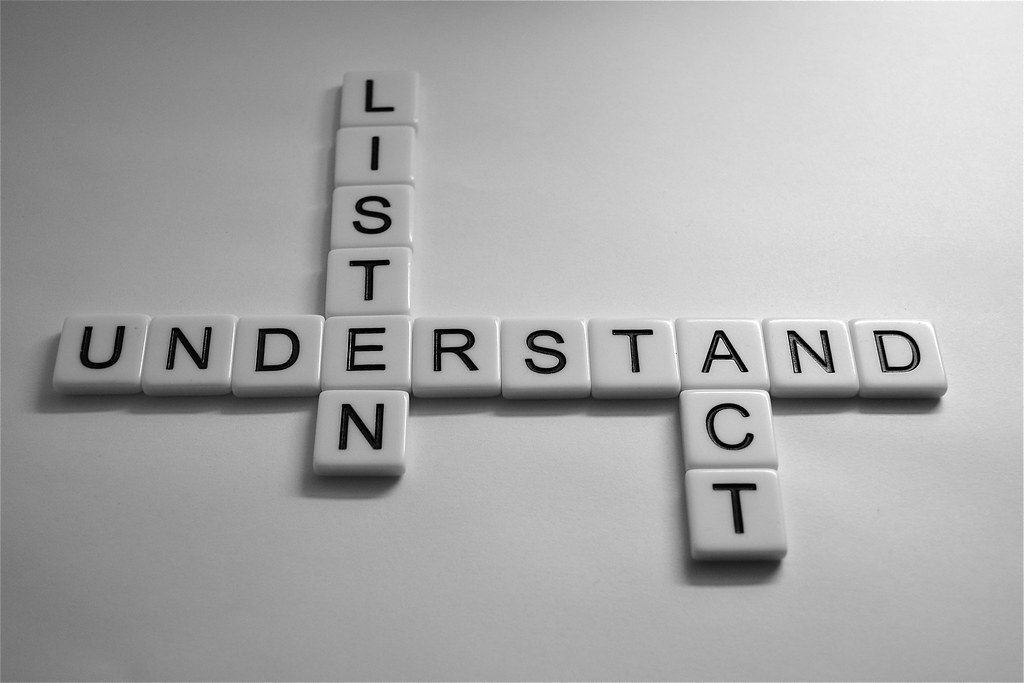A Step-by-Step Guide To Help in Mental Health Crises

The British Red Cross shows that only 5% can and are willing to provide First Aid. The low percentage does not look appealing, and it is truly alarming that if you ever get into an accident, you can only hope that you are not surrounded by the other 95% of the people. Fortunately, neither you nor your family will ever get into an accident, but there is still an omnipresent danger of getting into an emotional accident, or to put it in other words, an emotional outburst can happen to anyone at any time. The worst part is when you do not know what to say, or do, so you simply sit there and make awkward jokes. Let's admit it, we have all been there!
Have you ever felt like nothing you do or say helps your loved ones to get through an emotional breakdown? If you answered yes, then keep scrolling. If you answered no, then you should still keep scrolling because you can still show this article to your loved ones so they can use these tips below. We live in a society where mental health is finally taken seriously, and we need to understand that timely provided aid can help relieve the anxious condition of people in need of support. So what to do if you are not a qualified therapist, but you still want to feel like your words and actions matter? Psychological First Aid is your solution.
Psychological First Aid (PFA) is designed to provide an immediate response to traumatic events and is used to create a feeling of safety. The charm of this aid is that it can be provided by anyone. However, it is important to remember that when you provide psychological first aid, your job is not to cure; your job is to show concern and willingness to listen. You are helping a victim to build resilience. George S. Everly Jr., Professor at Johns Hopkins Bloomberg School of Public Health, explains it accurately. "Some people are inherently vulnerable. Others are more resilient. But no matter where they stand emotionally, we can guide people who are suffering onto the right path. Psychological First Aid is one important step." So what needs to be done?
Image credit: Creative Commons/highersights-
Active listening is one of the key components. Please, be patient and do not interrupt. Do not rush and definitely do not ask a victim to, "get over it." Make eye contact and use your body language to show that you are listening. Listen to anything the victim has to say and try to relive the story with them. Before giving the person a hug or any other type of physical assurance, be sure to ask whether a person wants to be touched or held before doing so.
-
Ali Mattu, a licensed clinical psychologist in Northern California, emphasizes the importance of providing comfort. If you see that an affected person is not willing to share their story, please, respect that wish. Sometimes all of us can forget that pressure can create a higher level of emotional crisis and we bombard an affected person with questions. If you really want to show support, here are some questions that you might ask to show concern and care. "That sounds really difficult. How are you coping?", "I am really sorry you are going through this," "Are you looking for my perspective or would you rather I listen?" Show empathy. And to keep in mind, there are questions/things you should not say. "I know what you mean. I had a panic attack when I...", "Why aren't you seeing a therapist?", 'You should remember that someone who goes through worse." Please, remember that you are there to help, not to give advice or to compare situations.
-
Remind them to breathe and use a trick by saying that they do not have to talk, they can just let all negative emotions out by breathing in and out. Do not forget to tell them that it is normal to feel out of control, and it is normal to feel all kinds of emotions. Everything they feel is valid. Do not tell them that it is going to be all right. Just let them be sad for some time without trying to cheer them up. Definitely do not tell them that they need a therapist, or someone has it worse. Avoid being judgemental.
-
Reach out for help! If you feel like there is nothing you can do to calm an affected person, and the situation is getting out of hand, it is best to seek additional support. Offer to go to the first appointment with an affected friend/loved one if they refuse to get help. Remind that getting professional help suggests strength.
However, sometimes we do not have an opportunity to be physically around a victim, or they do not feel comfortable talking about a problem via a physical conversation. A study shows that 75% of millennials prefer texting over a phone call! For some, it is even better to "vent" via text messages! So what are the ways to help via texting?
Image credit: Unsplash/Kelli McClintock-
Reflection! Listening via text messages shows through reflection. Instead of saying "yeah...", "sorry about that" when an affected person is clearly upset, try to reflect what the person has said with an additional empathy. For example, "That must feel terrible that you...", "I see that you are afraid of...".
-
Be there. Do not take long to reply if you see that you are friend is at risk. Sometimes, just being there to listen is the best treatment.
-
Tone IS important. Before sending something, check whether it might be conveyed in an aggressive way. Use your grammar and punctuation properly.
Mental health should be taken seriously, and it is important to be there for your friends/loved ones when they need you! Be safe, and keep your family safe! Remember that sometimes all we need is someone to just sit quietly with us and remind us that all our feelings matter. If you are willing to learn more about PFA, you can always take a professional training course on Coursera.









